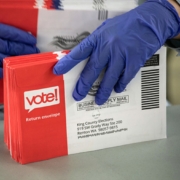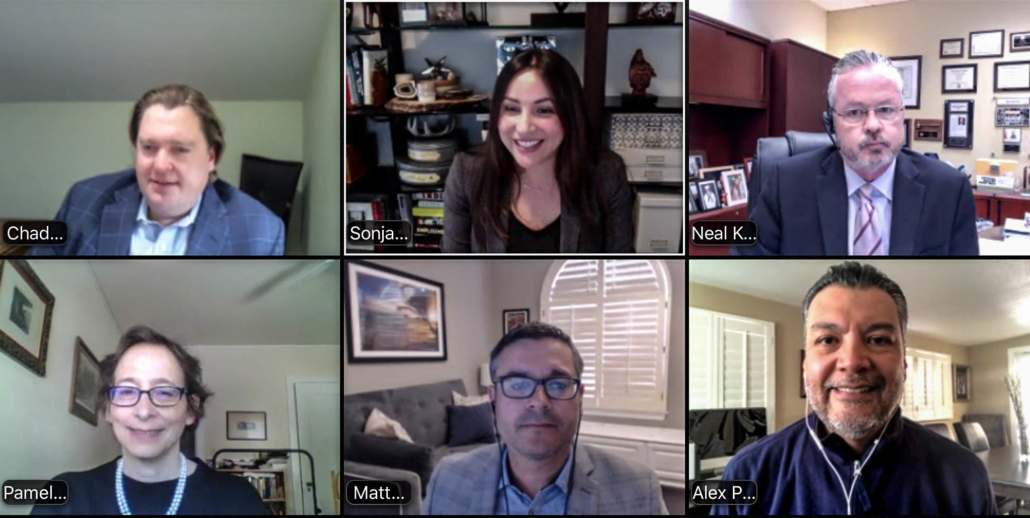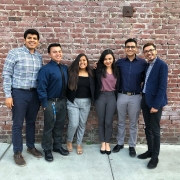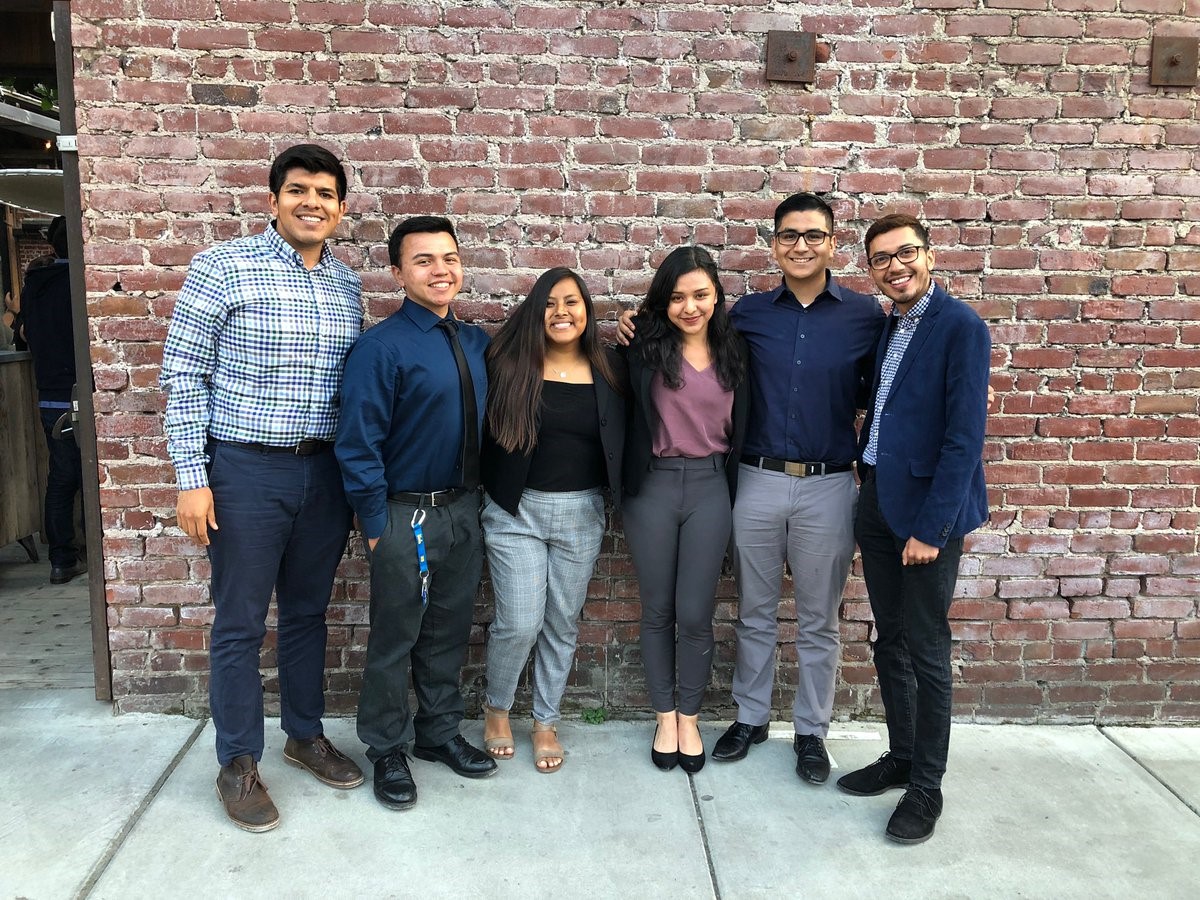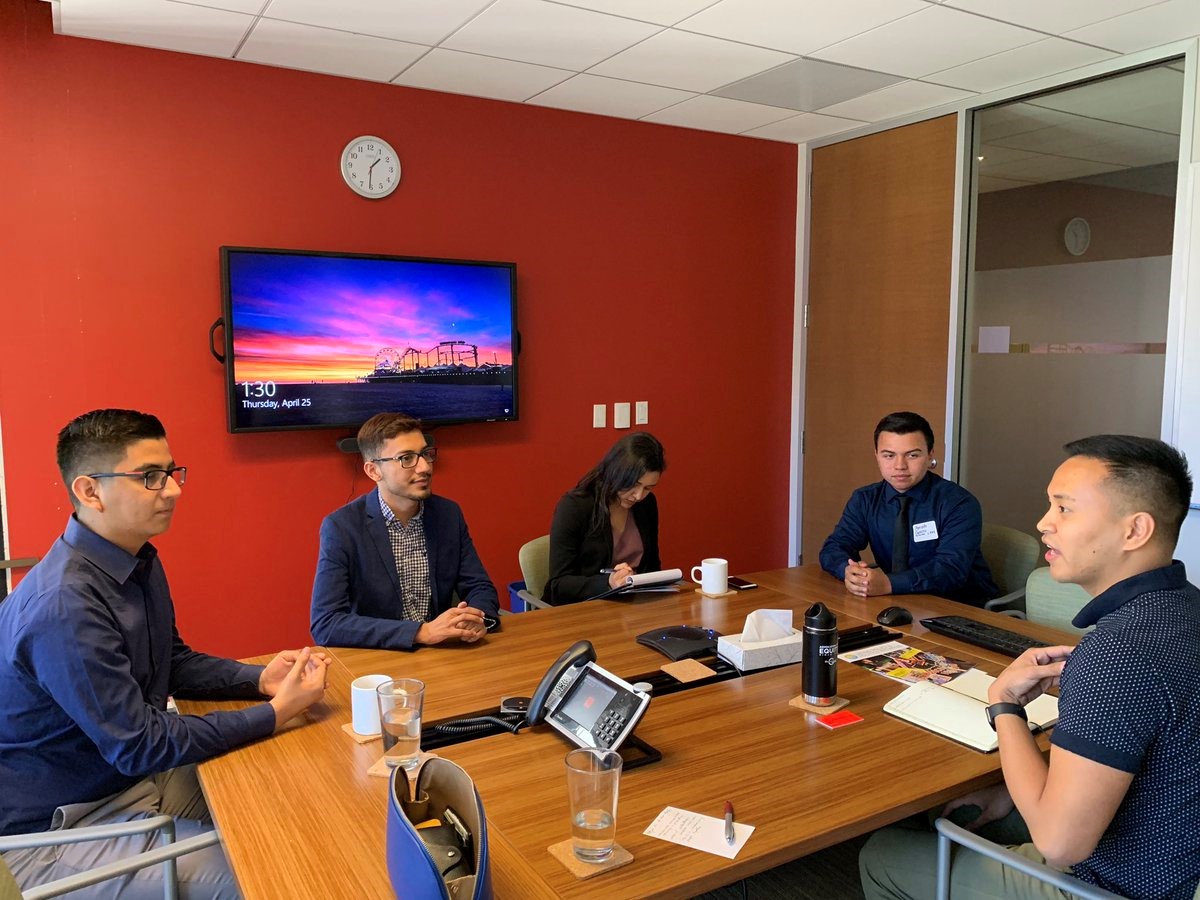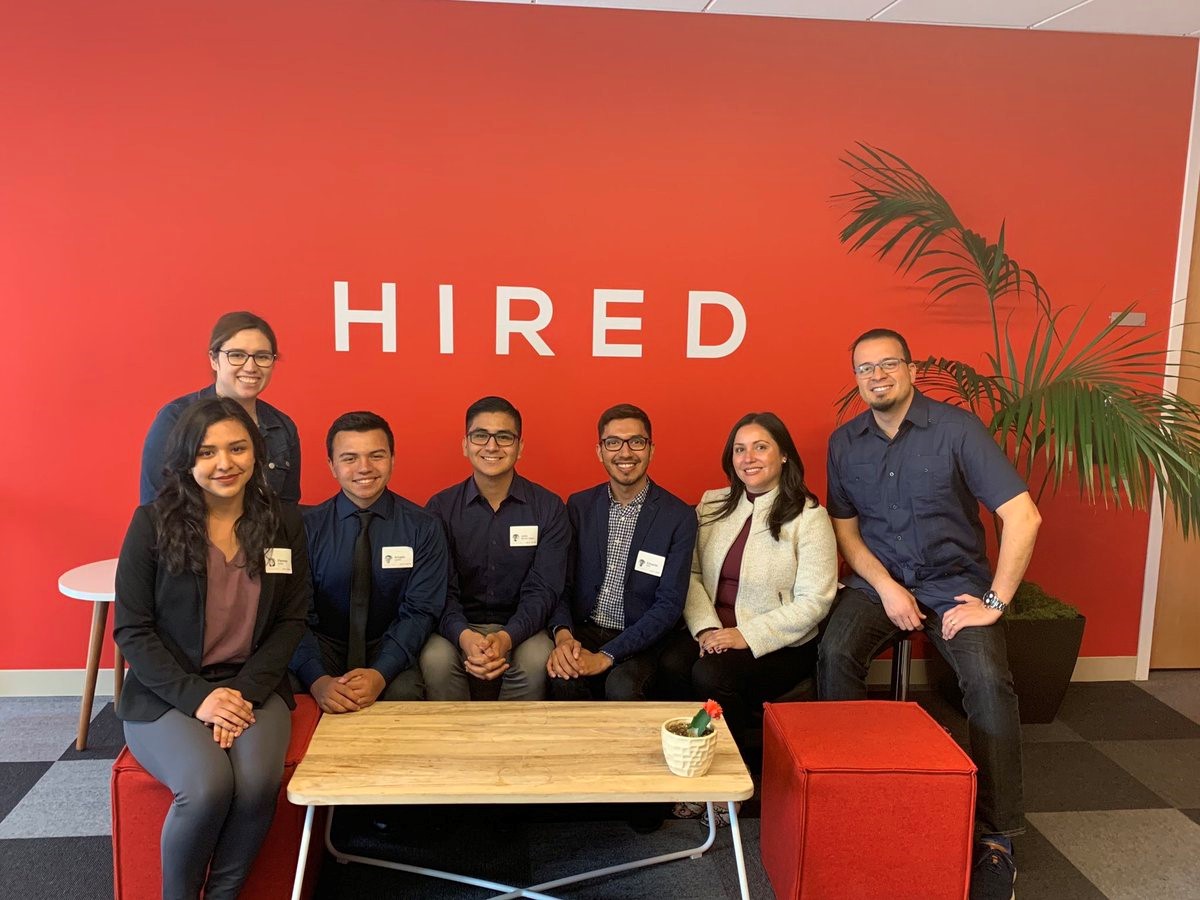UCLA Celebrates Another Year of Emerging Leaders
By: Heidy Melchor & Arianah Rizzo
UCLA LPPI Graduating Class of 2023:
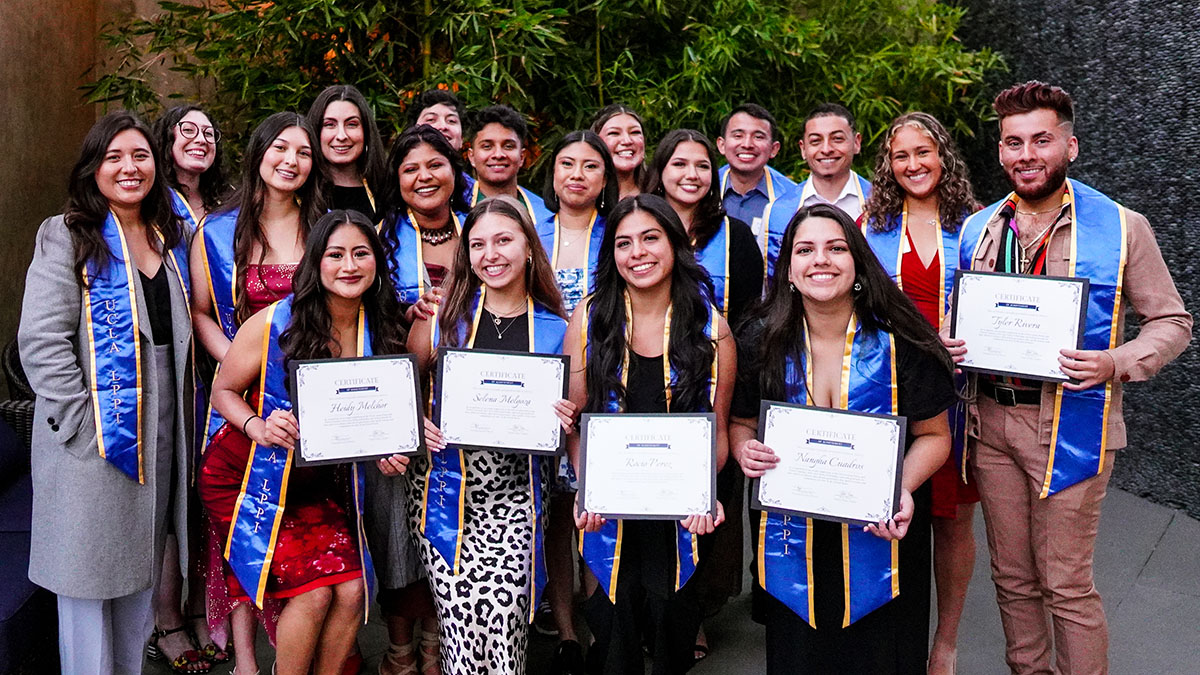
UCLA LPPI Graduating Class of 2023:
Back Row (Left to Right): Julia Hernandez Nierenberg (M.S.W. & M.P.P. 2023 – Research), Lana Zimmerman (M.P.P 2023 – Research), Jose Garcia (M.P.P. 2023 – Communications), Hector De Leon (B.A. 2023 – Research), Denise Ramos Vega (B.A. 2023 – Research), Alan Rivera (M.P.P. 2023 – Research), Alberto Murillo (M.P.P. 2023 – Research)
Middle Row (Left to Right): Yaritza Gonzalez Rodriguez (M.P.P. 2023 – Voting Rights Project), Celeste Figueroa (B.A. 2023 – Leadership Programs), Lupe Renteria Salome (M.U.R.P. 2023 – Research), Mirian Palacios Cruz (B.A. 2023 – Communications), Mariah Bonilla (B.A. 2023 – Research), Paulina Torres (B.A. 2023 – Research)
Front Row (Left to Right): Heidy Melchor (B.A. 2023 – Leadership Programs), Selena Melgoza (M.P.P. 2023 – Research), Rocio Perez (M.P.P. 2023 – Research), Nangha Cuadros (M.P.P. 2023 – Research), Tyler Rivera (J.D. 2023 – Mobilization)
The atmosphere was electric as the UCLA Latino Policy & Politics Institute (UCLA LPPI) celebrated the accomplishments of graduates from the fifth year of its policy fellowship on June 9, 2023. This year marked a milestone for UCLA LPPI, as it boasted its largest-ever cohort of policy fellows, with 26 students completing the program and 18 graduating from UCLA.
The celebratory evening began with a captivating performance by Mariachi Arcoiris de Los Angeles, a Latino LGBTQ+ mariachi band. Their melodies not only captivated the audience but also centered on the intersectional identities the vibrant and diverse Latino community embodies. At one point, Hector de Leon, a graduating senior and member of Grupo Folklórico de UCLA, joined the group to sing a rousing rendition of El Rey by Vicente Fernández. Hector’s achievements extend far beyond his singing skills, though. This year, he won the Dean’s Prize for Undergraduate Research for his McNair Scholars project titled “Investigating Southern California’s Emerging School to Warehouse Pipeline.” With a fellowship secured in the California State Capital Fellows Program this upcoming fall, Hector exemplifies the transformative potential of the UCLA LPPI Fellowship.
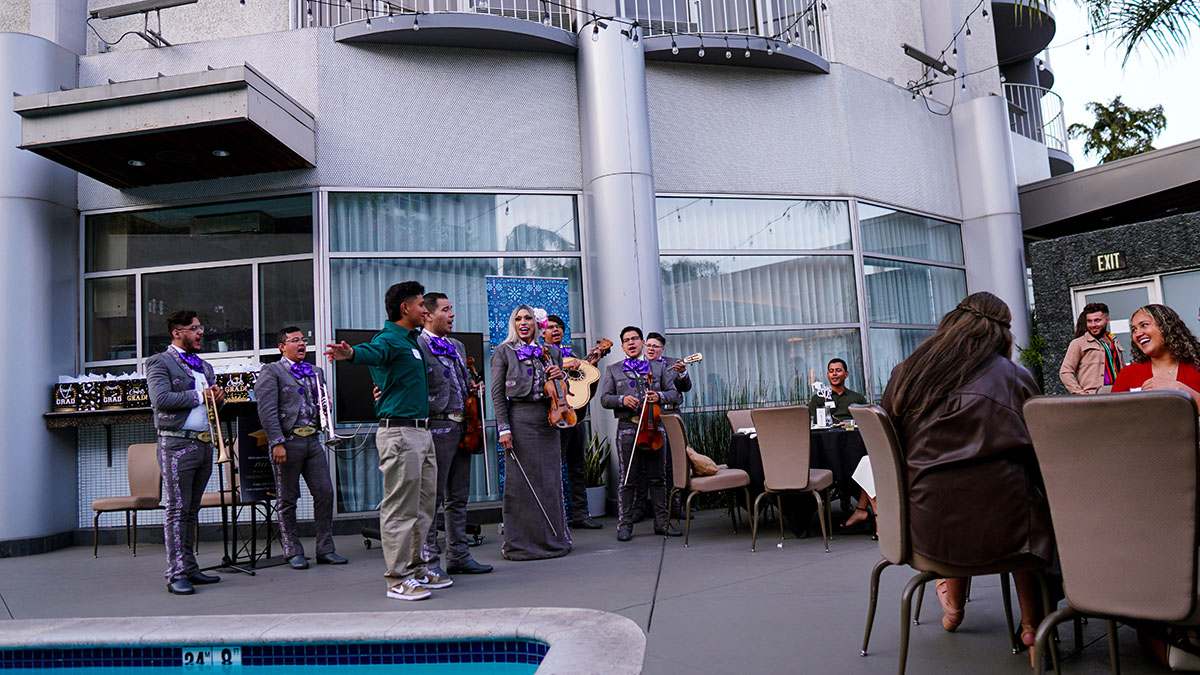
Graduating Fellow Hector De Leon singing with Mariachi Arcoiris de Los Angeles.
Following the performance, Silvia R. González, UCLA LPPI’s co-director of research, gave a keynote to congratulate the graduates. During her remarks, she reflected on her journey as a student and noted the uniqueness of the UCLA LPPI fellowship. She emphasized the program’s explicit commitment to providing resources for the academic and professional development of students who want to create meaningful change for Latinos and other people of color.
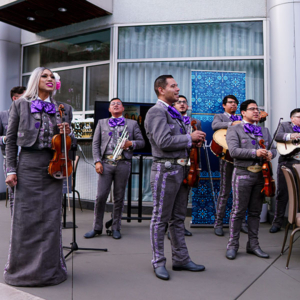
Mariachi Arcoiris de Los Angeles performing at UCLA LPPI Graduation Ceremony on June 9, 2023.
The creation of the policy fellowship was a direct response to the scarcity of resources and opportunities for marginalized communities. The initiative was spearheaded by Founding Executive Director Sonja Diaz and has proven its power over the past five and a half years. Over 50 students from diverse backgrounds have participated in the program, assuming key policy roles, civic leadership positions, influential roles in the business world and advocacy roles that will shape the representation communities need in places of power.
As the evening continued, two graduates shed light on the invaluable opportunities provided by the policy fellowship. Rocio Perez (M.P.P. 2023) and Denise Ramos Vega (B.A. 2023) recounted their academic journeys, overcoming systemic challenges, their unwavering commitment to critical policy change and the profound impact of the UCLA LPPI network and guidance. Rocio captured the essence of what makes UCLA LPPI so unique by highlighting its purposeful investment in policy fellows, paving the way for future leaders who will shape the halls of power. As the first in her family to earn a master’s degree, Rocio will join the Georgetown Center on Poverty and Inequality to help eradicate economic insecurity. Denise then shared how she found her voice and embraced her power after struggling with food insecurity and xenophobic rhetoric in her upbringing. Through her involvement with UCLA LPPI, she was offered a supportive community that allowed her to forge her path with determination. Denise aspires to run for a United States Senate seat one day and will be a Bill Emerson National Hunger Fellow in the coming year.
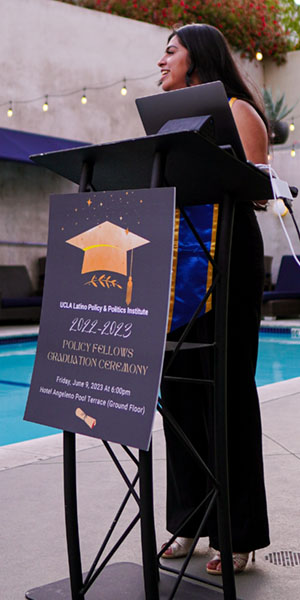
Graduating Fellow Rocio Perez giving her culmination speech at the UCLA LPPI Graduation Ceremony.
The remarkable achievements of the 2023 graduating class would not have been possible without the support of the many directors, supervisors, and mentors who generously share their time and guidance each year with fellows. UCLA LPPI staff, along with the extensive network they introduced students, offered invaluable advice and support. However, the learning was in more than just a single direction. Rodrigo Dominguez-Villegas, co-Director of Research, humbly expressed how privileged he felt to learn from the fellows, emphasizing the program’s ability to shape not just the future network of leaders but to impact the present as well.
Perez eloquently summed up the gathering and the significance of the UCLA LPPI fellowship with powerful words that reminded her classmates, “You are resilient, smart, and worthy. As we consider our next steps, we must remember those who came before us, how far we’ve come, and our responsibility to pay it forward for the next generation of leaders.”

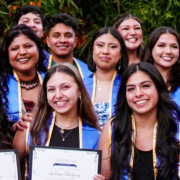
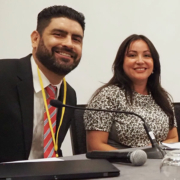
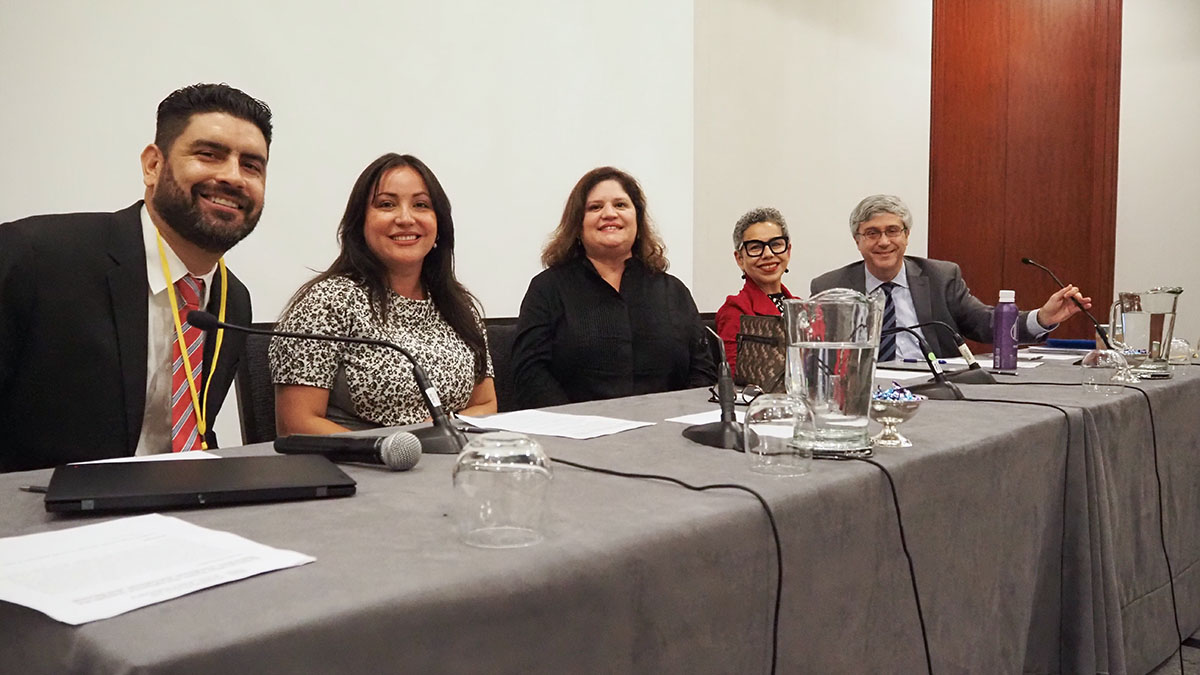
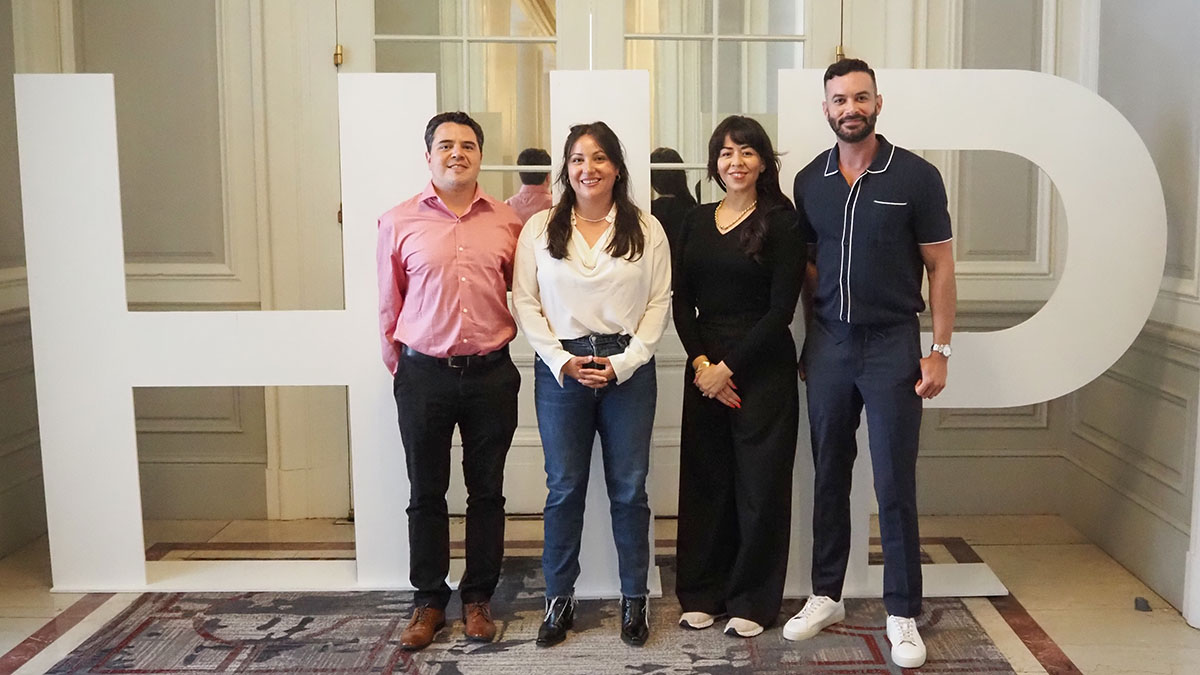
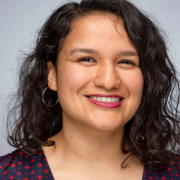
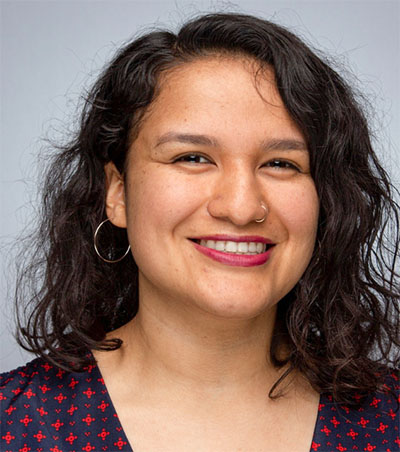
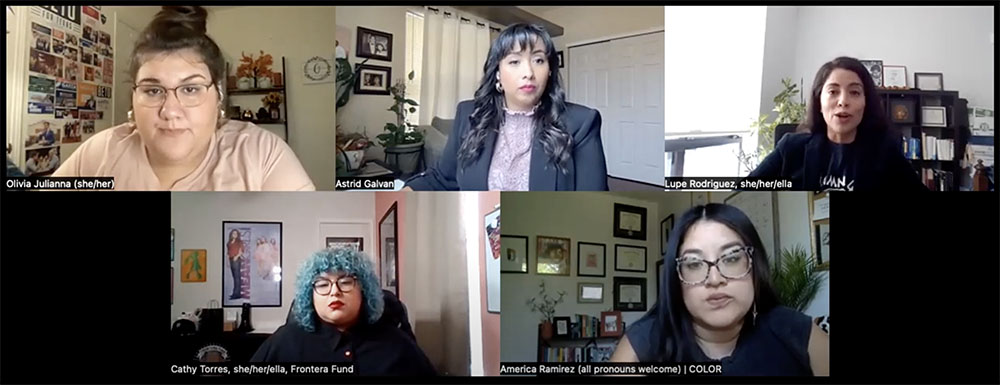
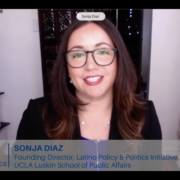
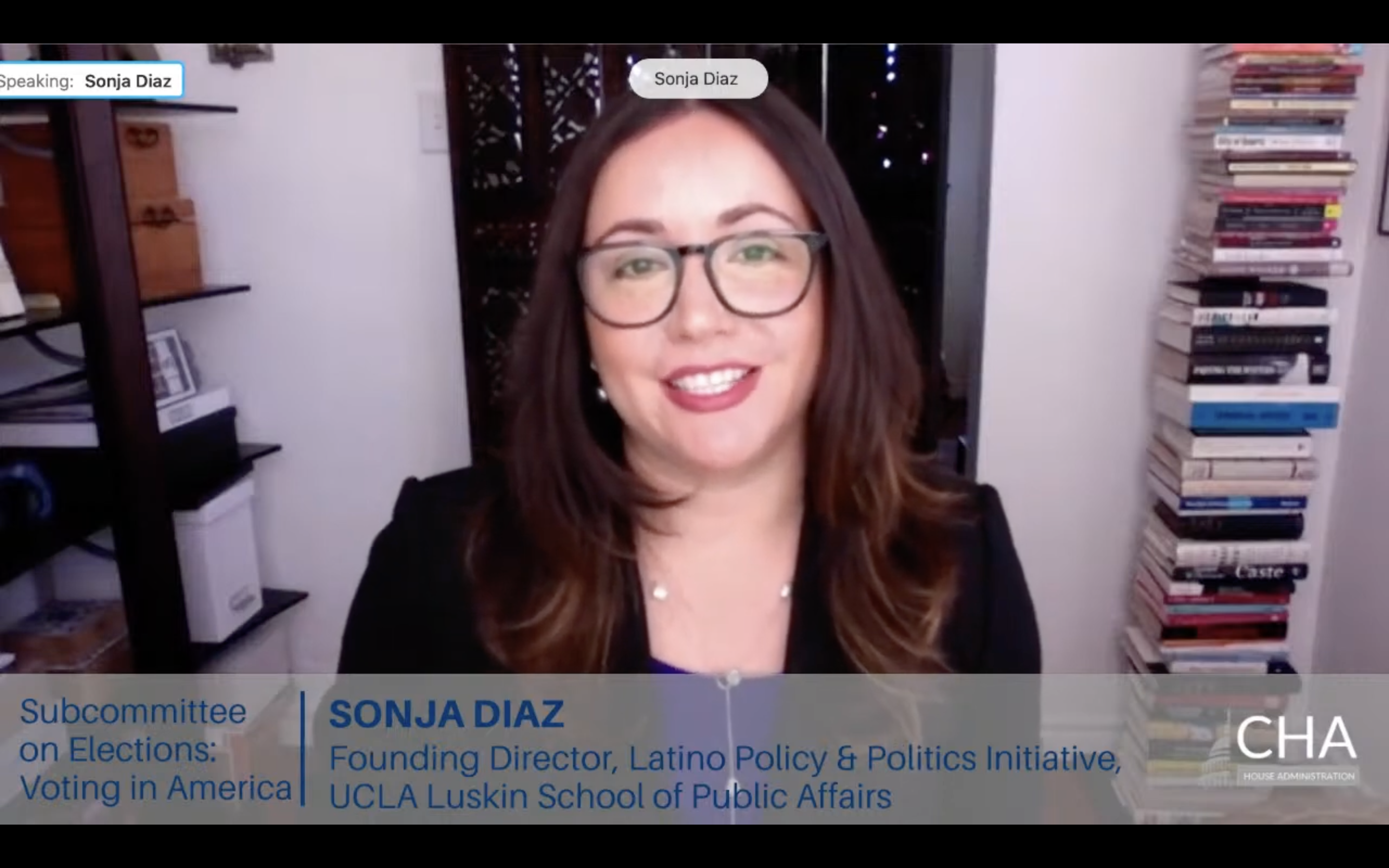
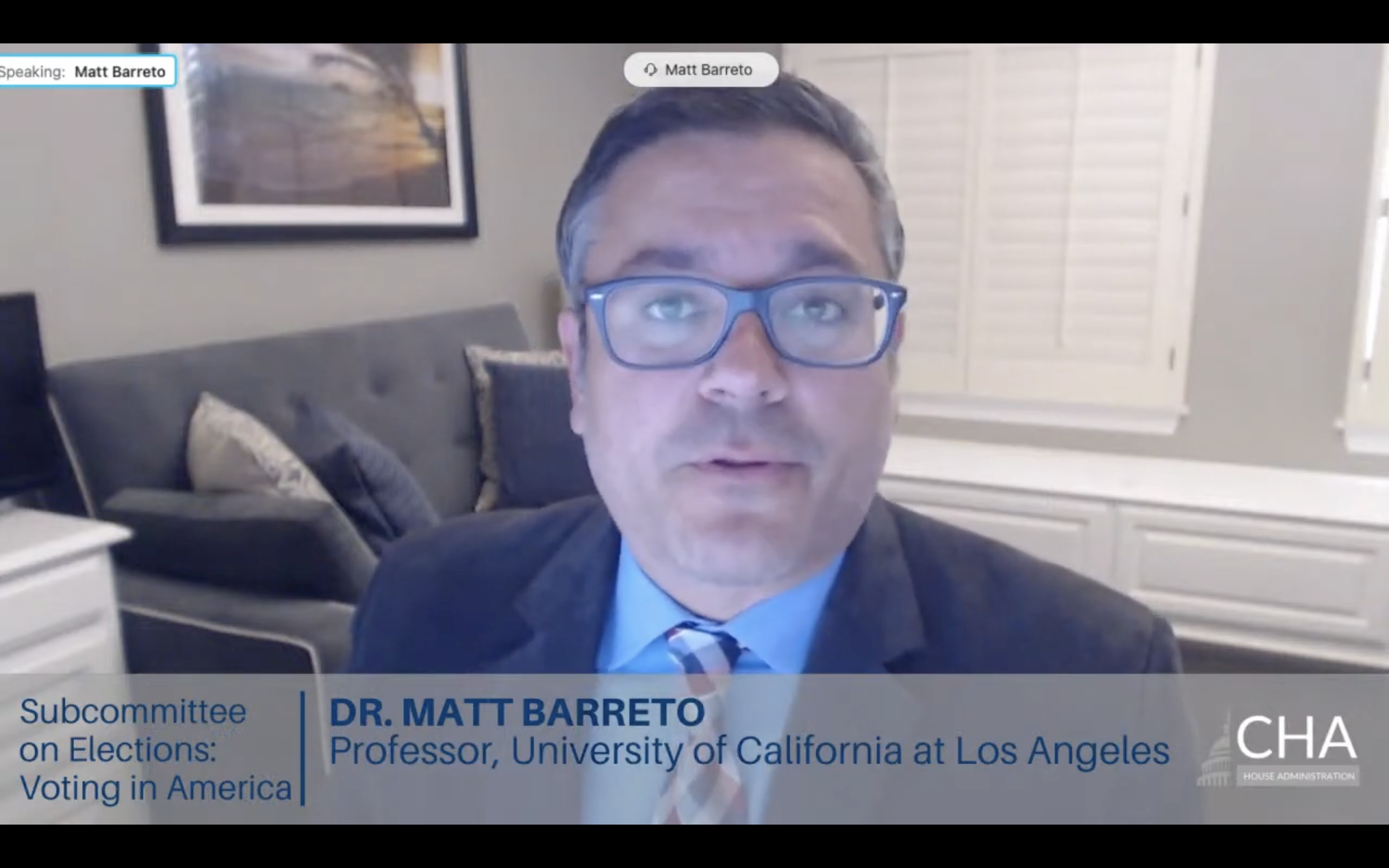
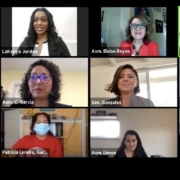
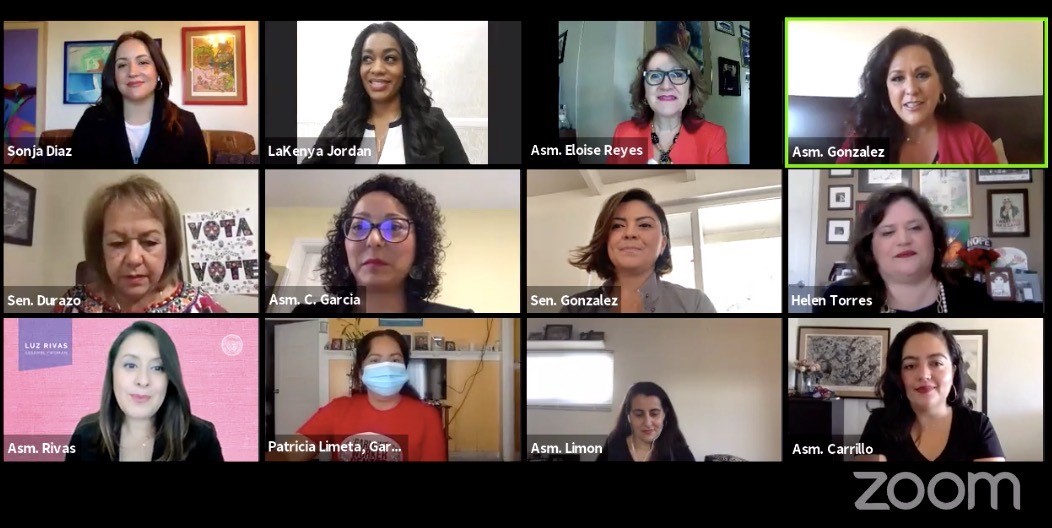
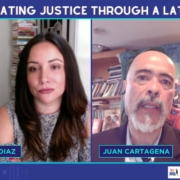
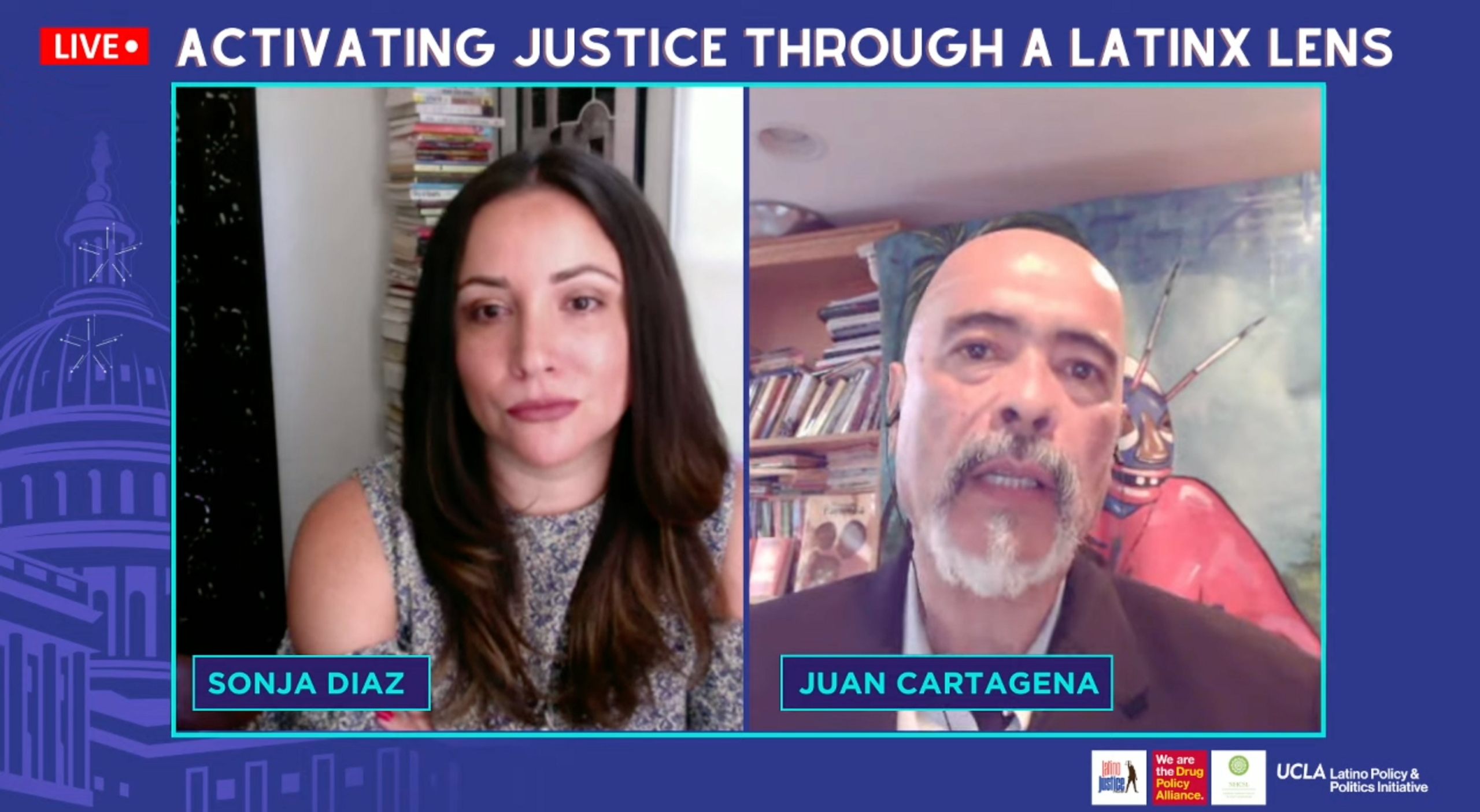
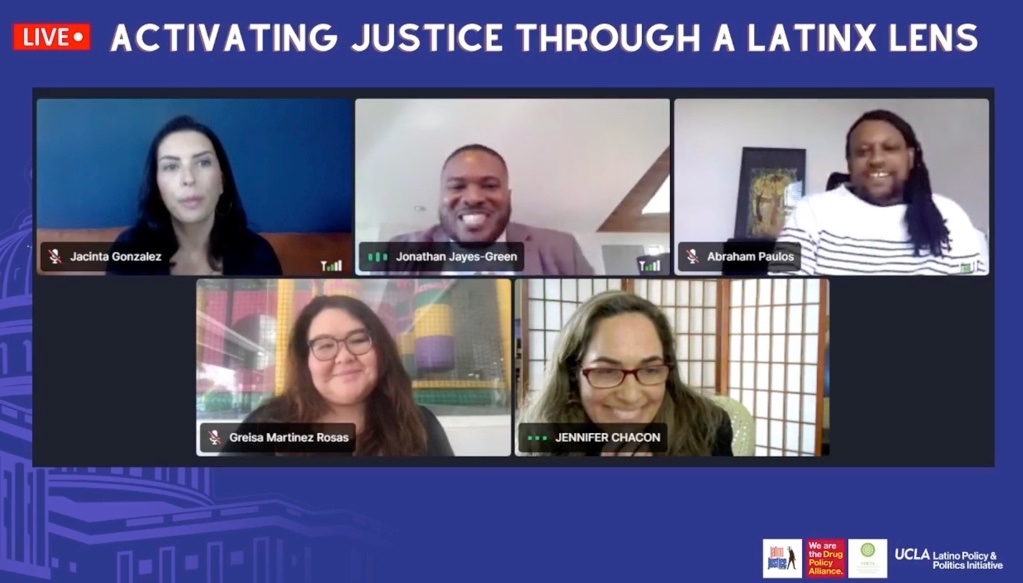

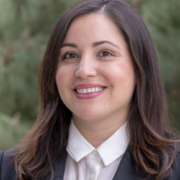

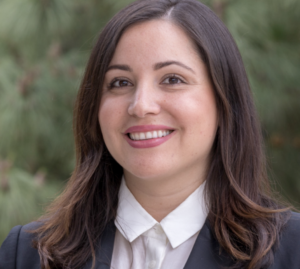 “Voter suppression is a feedback loop,” she said, and one that elected officials need to act to end.
“Voter suppression is a feedback loop,” she said, and one that elected officials need to act to end.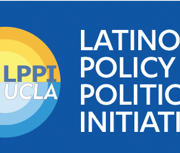
 UCLA’s
UCLA’s 